This collection presents a new perspective on the role of culture in shaping the ambivalent attitude towards economic development of many marginalized people. The strength of this volume lies in how the essays provide examples from both within India and without, to illuminate old Dalit/Savarna and also Hindu/Muslim dynamics specific to India. The volume clearly defines how asymmetrical complementary relationships between Dalits and Savarnas are being replaced by short-term contractual labour relations that no longer involve long-term intergenerational reciprocal obligations.
The essays draw attention to the non-modern, non-Western agents that have rendered invisible the dynamics of cyclicity, bio-cultural regeneration, and social and ecological reproduction (SER). What the volume achieves is an understanding of the specifics of Western modernism and modernism in India. Also, through specific examples in India, the US, and elsewhere, it clarifies some of the profound differences between modern, capitalist processes of marginalization as well as non-modern ones.

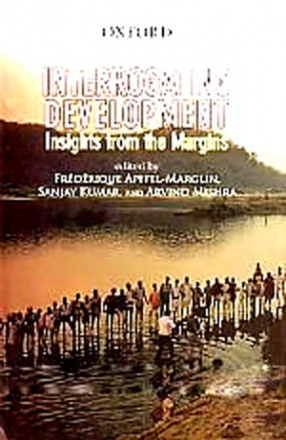
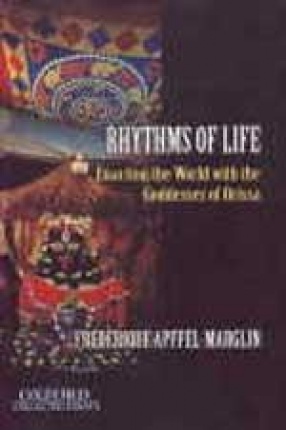

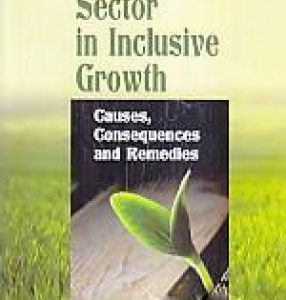

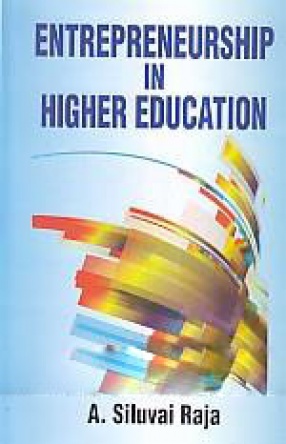

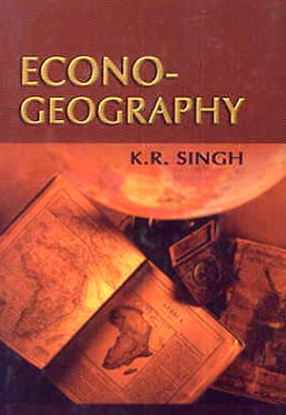
There are no reviews yet.